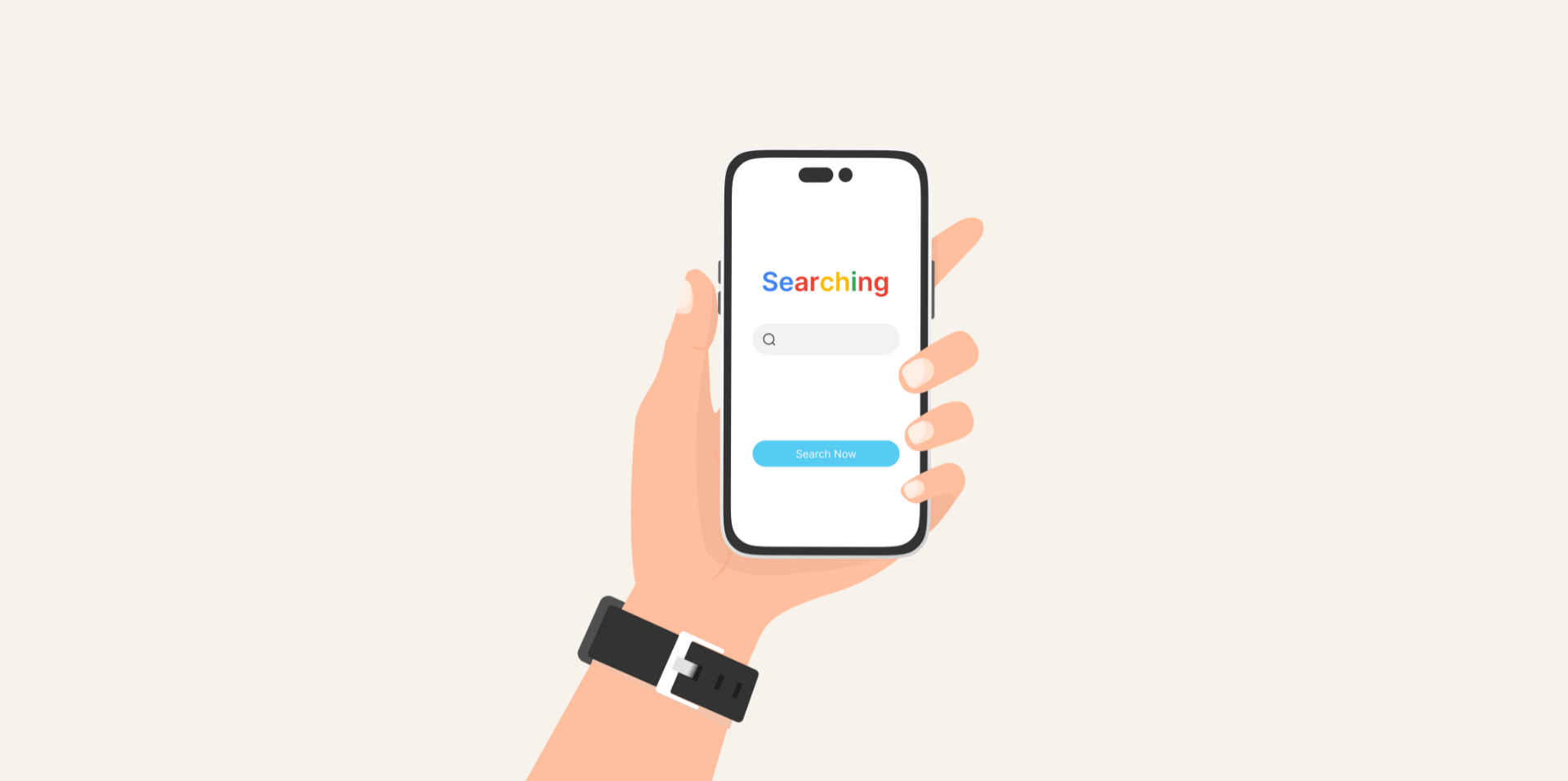On 27th September 2023, Google will celebrate its 25th birthday! Google’s launch made a huge impact on the way we work, learn and connect with others. It also revolutionised search and SEO along the way!
To celebrate the birth of this fantastic tool that we’ve all come to use daily, here is a short timeline of some of Google’s most important moments throughout its history:
1997 – Google was born
Google was born as a research project by Larry Page and Sergey Brin at Stanford University. Its mission is to organise the world’s information and make it universally accessible and useful.
1998 – The Google offices are opened
Google opened its first office in Menlo Park, California nicknamed the “Googleplex”. Page and Brin realise Google has huge commercial potential as a search engine.
2000 – AdWords platform is launched
Google launched AdWords, its game-changing advertising programme, and began focusing on revenue and expanding its range of services from just Google search.
2001 – Google adds images to its Google search results
Google enhanced its search engine technology by introducing the ability to view images alongside regular web page results, allowing users to both read web pages and view relevant photos and graphics without leaving the search engine.
2004 – Gmail was launched
Gmail was launched, signalling Google’s intention to expand beyond web search into other online internet services to help users communicate. This year, Google also went public in one of the biggest IPO’s ever at the time. It raised them $1.67 billion.
2005 – Google Maps was introduced
Google launched its Google Maps product, a web mapping technology developed by the company to provide users with interactive maps, street views, and route planning features. This is the year that Google also bought Android, a mobile phone operating system. They beat out rivals such as Microsoft and Nokia and are now Apple’s only real competitor to the iPhone.
2006 – Google buys YouTube
Looking to expand into video sharing and viewing, in October 2006 Google purchased the popular online video platform YouTube for $1.65 billion, at the time one of Google’s largest acquisitions ever. This is also the year that ‘Google’ was added to the Oxford English Dictionary.
2008 – Google Chrome was launched
Google entered the web browser tech space by launching Google Chrome, a fast and minimalist browser designed to compete with the likes of Firefox and Internet Explorer.
2012 – Google Glass is introduced
Google unveiled its wearable tech device Google Glass, eyeglasses equipped with a camera and computer display that marked the company’s first foray into augmented reality hardware. However, 3 years later it was announced that Google Glass would stop being sold to consumers.
2014 – Google takes a step towards AI
Looking to bolster its artificial intelligence capabilities, in 2014 Google purchased the AI startup DeepMind for over $500 million. This is now seen as a strategically important move, given Google’s competition with OpenAI and other tech giants in developing advanced AI technology across areas like machine learning and neural networks.
2015 – Google restructures
Google underwent a major corporate restructuring by creating a new parent company called Alphabet, under which Google was reorganised alongside other subsidiaries like Waymo, enabling the company to operate its core search and advertising businesses separately from its other technology interests.
2019 – Google co-founders step down
Google co-founders Larry Page and Sergey Brin announced they would be stepping down from their roles as CEO and President, respectively, of Google’s parent company Alphabet, though they maintained their positions on the board and controlling voting shares.
2023 – Bard is released as a direct challenge to OpenAI and Chat GPT
In February 2023, Google officially unveiled its conversational AI system Bard, positioning it as a competitor to OpenAI’s popular ChatGPT model and representing Google’s latest move to remain a leader in artificial intelligence technology.
Google today
Google now processes over 3.5 billion searches per day, and SEO has had to continuously adapt and evolve as Google’s algorithm continues to grow more and more advanced. But one thing remains constant – creating high-quality content focused on users is the key to SEO success, whatever the next 25 years may bring.
Read our guide on how to optimise your website according to Google’s guidelines.
25 years of SEO
Google has been a driving force behind the growth of SEO and digital marketing over the past 25 years. As the world’s most popular search engine, Google has provided incredible opportunities for businesses to reach customers online through optimised content and strategic advertising.
Tools like Google Analytics 4 have enabled deeper insights into customer behaviour and campaign performance. Google’s algorithm updates have kept the industry progressing, as SEO agencies adapt strategies to maintain strong rankings. Overall, Google has played a pivotal role in shaping SEO and digital marketing into the data-driven, user-focused disciplines they are today.
SEO at britweb
If you’re looking to use SEO to help your business grow, why not give us a call? Our digital marketing experts can guide your business and help it to flourish online.
Not sure where to start? Request a free website review from our team today to discover how you can optimise your website to rank for your industry’s search terms.
